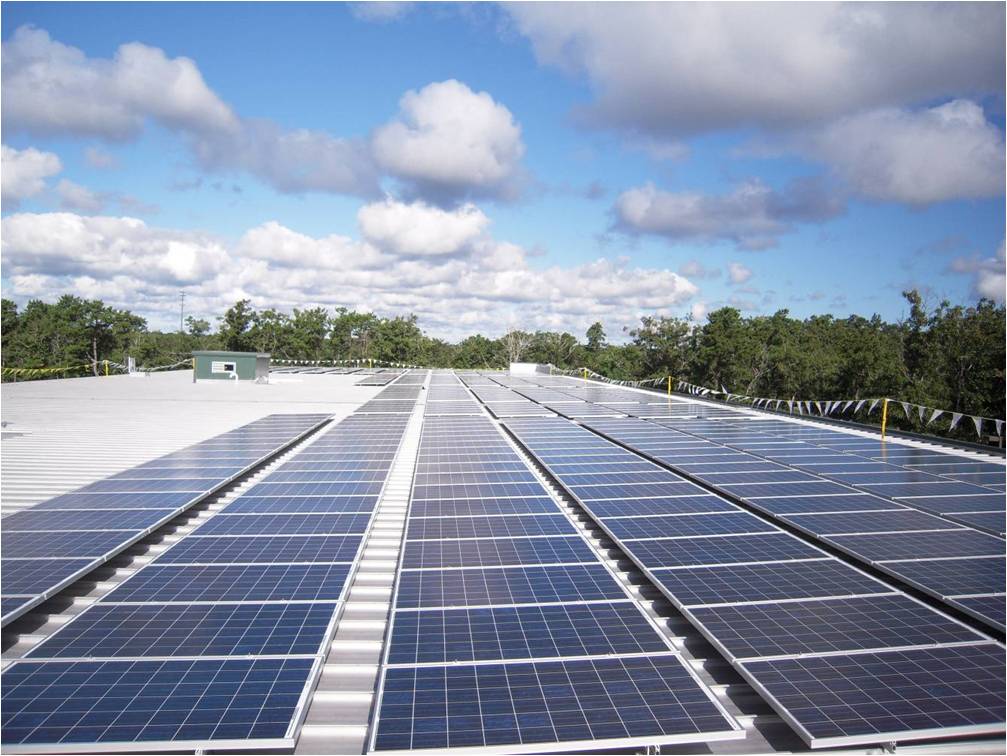 The annual Solar Credit Clearinghouse Auction fully cleared on Friday August 1, 2014. Long-story-short, it’s very good news for solar owners.
The annual Solar Credit Clearinghouse Auction fully cleared on Friday August 1, 2014. Long-story-short, it’s very good news for solar owners.
What is a Solar Credit Clearinghouse Auction? First, let’s clarify what is being auctioned. A Solar Renewable Energy Certificate (SREC for short) is issued to the owner of a solar project. The more clean solar energy it produces, the more SRECs are issued. The utilities purchase these certificates and the market price is somewhat regulated by the Commonwealth. Part of this regulating function is a “last chance to sell” provided by the Clearinghouse Auction at the end of each year.
Many solar owners, and those of us in the business, were watching closely as this auction played-out. Would it indeed “clear” meaning to sell all of the remaining 2013 SRECs? If so, confidence in the program and the Commonwealth’s ability to sufficiently regulate the market would be bolstered. The Clearinghouse Auction did indeed clear Friday; and the Department of Energy Resources (DOER) immediately announced the results.
Good News for the Short-term and the Long-term
The immediate news is welcome to those participating in the auction. The long-term implications are also positive for everyone who already owns or is considering solar. Here is why: The regulation governing the SREC market has a feature where the auction process itself triggers the future market demand to increase. The details are complicated, but this creates additional pressure on the utilities to buy more SRECs and to purchase them sooner. In this way, the auction process has already driven the prices of 2014 SRECs upward in recent days. The SREC valuation will likely continue on that trend as it is anticipated that 2015 will be a “short year,” which will serve to drive prices up even further.
Solar owners rejoice in making a smart decision. Meanwhile, many of those considering going solar are now making their move based on this positive development!
Net Metering Legislative Update
Additionally in recent news out of Boston, the state legislature raised the amount of solar allowed to net meter (spin the meter backwards for full retail value) from 3% of the utilities historical peak demand to 4% of the utilities historical peak demand for private projects, and from 3% to 5% for public projects. This program is central to solar owners receiving full retail compensation for the energy they produce and send back to the grid when they aren’t using it on-site. The state will also study the benefits of net metering as part of the design of future incentive programs to achieve the governor’s goal of 1600MW of solar in the Commonwealth. For perspective there is currently over 393MW of net metering projects (including solar and wind) in Massachusetts. Prior to the legislation the net metering caps were set at 665MW. With this most recent legislative adjustment the new net metering cap levels will allow 998MW of net metering projects in the state. Important to note is that most projects under 25kW are exempt from the net metering caps, aren’t counted towards the aggregate net metering cap figures and that eligible small projects after the caps have been hit can still be built and net meter.
Portions of this article were posted on MyGenerationEnergy.com by Luke Hinkle founder of My Generation Energy and Founder and Manager of Suntility Electric, LLC.
Suntility is your trusted partner in success. Suntility provides renewable energy maintenance services, utility credit services, owner’s agent services and consulting solutions to optimize facility reliability, performance and value.
To learn more contact us at 508-566-6322
